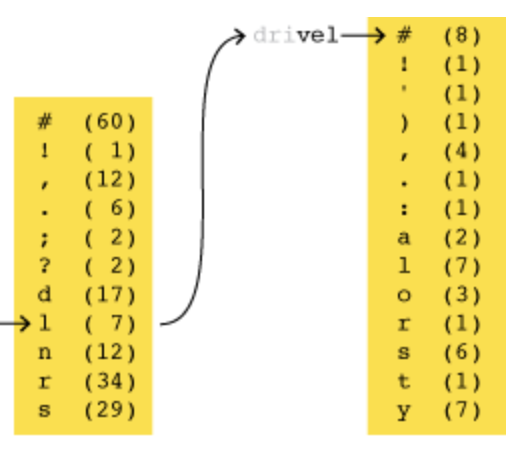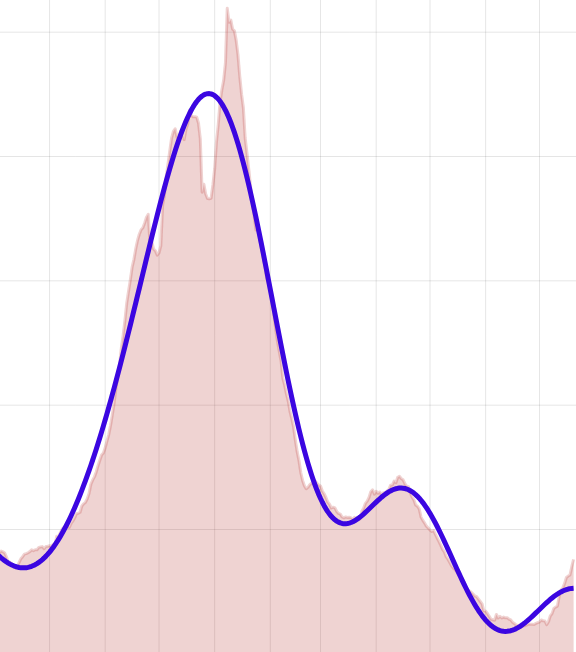My Dekasabbatical
by Brian Hayes
Published 14 October 2009
The new issue of American Scientist is on the newsstands and on the web. My “Computing Science” column takes a stab at explaining the Hubbard model, a staple of condensed-matter physics that I’ve been struggling to understand for at least a decade. Have I finally figured it out? You can see for yourself.
The issue also includes an announcement that this new column will be my last for a year. I’m taking a sabbatical—or is it a dekasabbatical? (Both etymology and academic habit imply that a sabbatical is a break from the routine that’s supposed to come along every seven years or so. I’ve been writing the column for seventeen years.)
Friends ask what I’m going to be doing for the next twelve months. Well, one of the great advantages of my line of work is that you get to learn something completely different with every issue of the magazine—flitting from pseudorandom numbers to genetic codes to ichnofossils to interval arithmetic to ferromagnets to programming languages to the childhood of C. F. Gauss, and on and on, like some maniacal butterfly visiting every pretty flower in the field. One of the great disadvantages of my line of work is that you get to learn something completely different with every issue of the magazine—and as soon as you start to make a little progress, you have to set it aside and start all over on a whole nother subject. Thus I’m looking forward to being a little more single-minded for a while. Just one flower. Now if only I knew which flower.
Responses from readers:
Please note: The bit-player website is no longer equipped to accept and publish comments from readers, but the author is still eager to hear from you. Send comments, criticism, compliments, or corrections to brian@bit-player.org.
Publication history
First publication: 14 October 2009
Converted to Eleventy framework: 22 April 2025




hey, I’m happy for you (though I confess I would prefer that you were tied to the chair writing columns every week or less).
as one of the finest science writers you have an obligation. I hope that at least, you will keep this blog updated regularly. will you will you will you please?
I hope you’ll enjoy the time off, as I’ve enjoyed your columns. I’m having trouble myself settling down to focus on one thing.
Thanks for the generous well-wishes. And, yes, I’m planning to continue bit-playing!
Best of luck to you! I hope you enjoy your time away and I (and others) look forward to reading about your new discoveries when you return.
All the best to you and your wife in your time away.
I’m afraid that some of us might be taking a sabbatical from reading American Scientist while you are gone - your column is the main reason that I pick it up. Well, I might keep supporting them just to help make sure you have a nice desk to come back to. ;)
Hope that bit-player keeps receiving updates. Good luck!
@Dan M: Thanks for the vote of confidence. But please note that my slot in American Scientist will not be empty during my absence. The editors are lining up a number of great guest columnists.